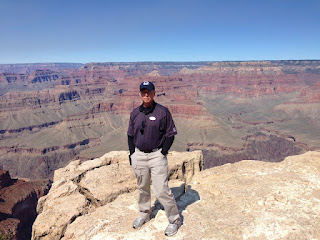James R. Hughes is a dedicated medical professional who is one of the
six founders of the Georgia Emergency Associates group. The group was
formed in 1994, and is dedicated to providing both immediate and
emergency medicine to those in need. James started his medical career in
1971 as a nursing school student, but realized his passion for
emergency medicine after being drafted into the army. He was responsible
for providing medical support to special operatives in the army, even
though he had yet to attend medical school.
Although James R. Hughes is a physician first and foremost, he still played a role in the founding of the Georgia Emergency Associates group, which is a growing organization. The group currently operates in two states in the Southeast, they control five emergency room departments, and they also control five immediate care centers with the goal to open even more.
In order to create a successful business, you have to find a niche in your target market where there is an opportunity for growth. The Georgia Emergency Associates saw an opportunity to create an organization in the Southeast devoted to emergency medicine that wasn’t being taken advantage of.
In addition to finding a niche, you also have to have managerial skills. No matter what industry you operate in, you have to be able to manage a business like a business, even if you operate in the world of medicine. You have staff, patients, and numerous records to keep organized regardless of the services you provide medically.
Although James R. Hughes is a physician first and foremost, he still played a role in the founding of the Georgia Emergency Associates group, which is a growing organization. The group currently operates in two states in the Southeast, they control five emergency room departments, and they also control five immediate care centers with the goal to open even more.
In order to create a successful business, you have to find a niche in your target market where there is an opportunity for growth. The Georgia Emergency Associates saw an opportunity to create an organization in the Southeast devoted to emergency medicine that wasn’t being taken advantage of.
In addition to finding a niche, you also have to have managerial skills. No matter what industry you operate in, you have to be able to manage a business like a business, even if you operate in the world of medicine. You have staff, patients, and numerous records to keep organized regardless of the services you provide medically.



